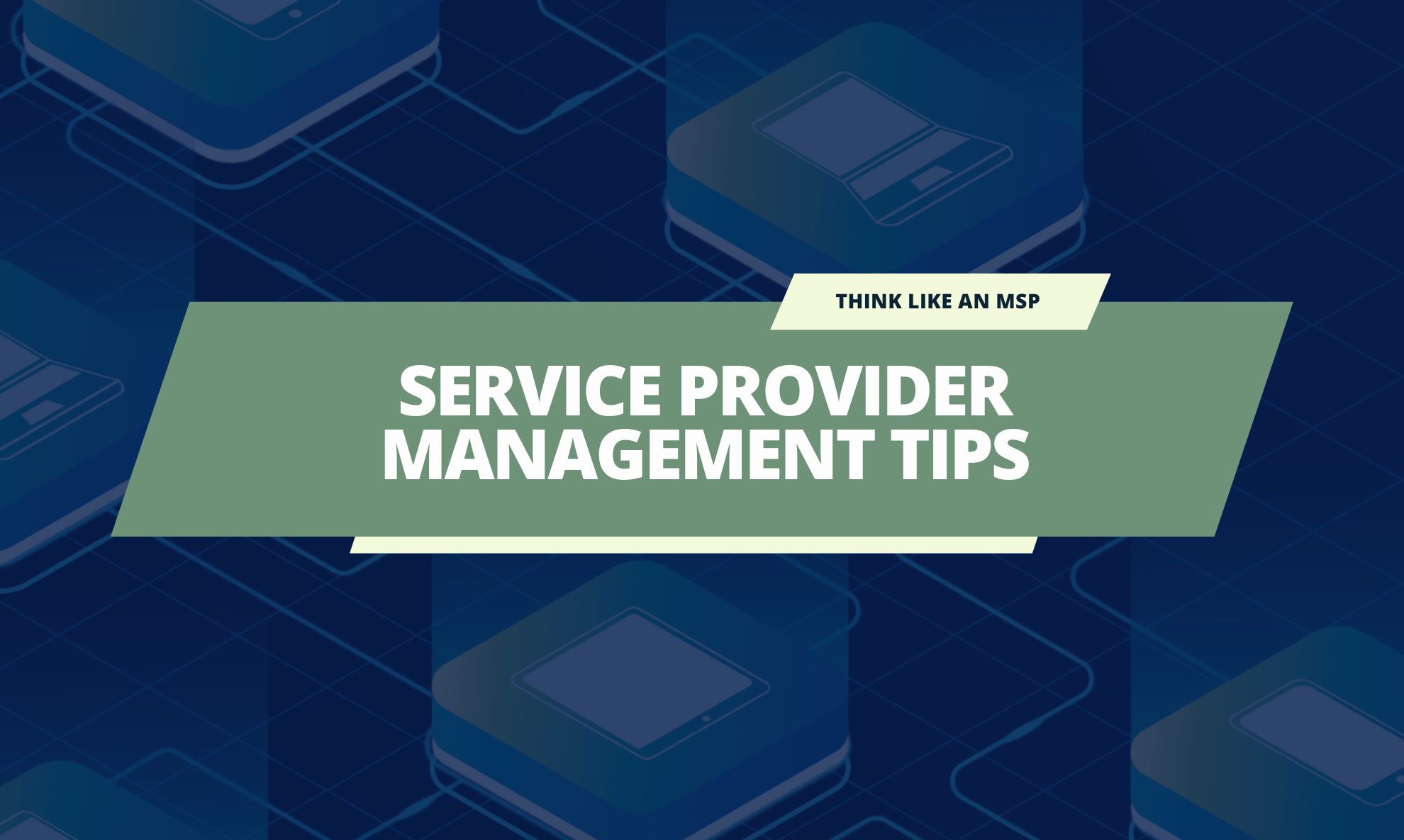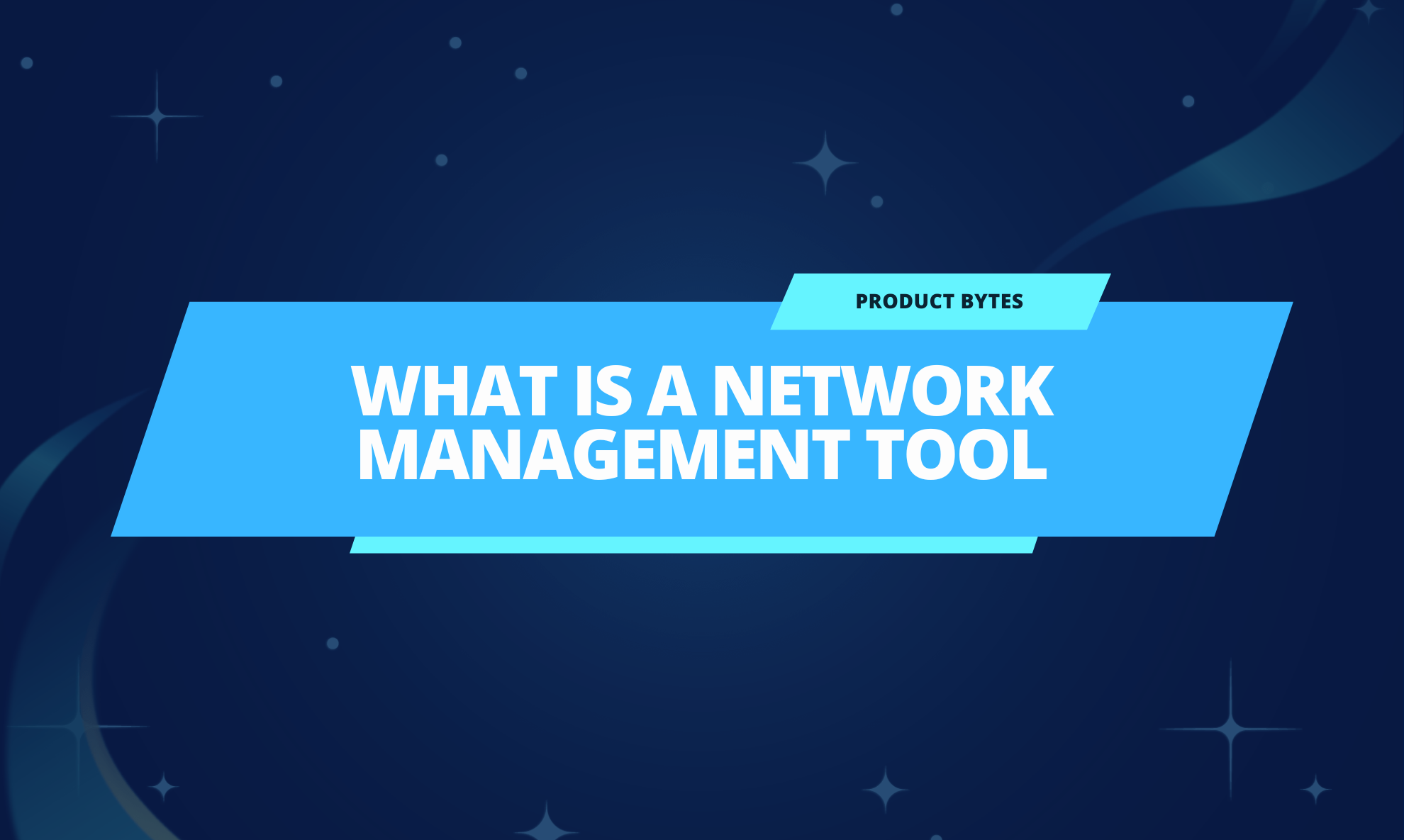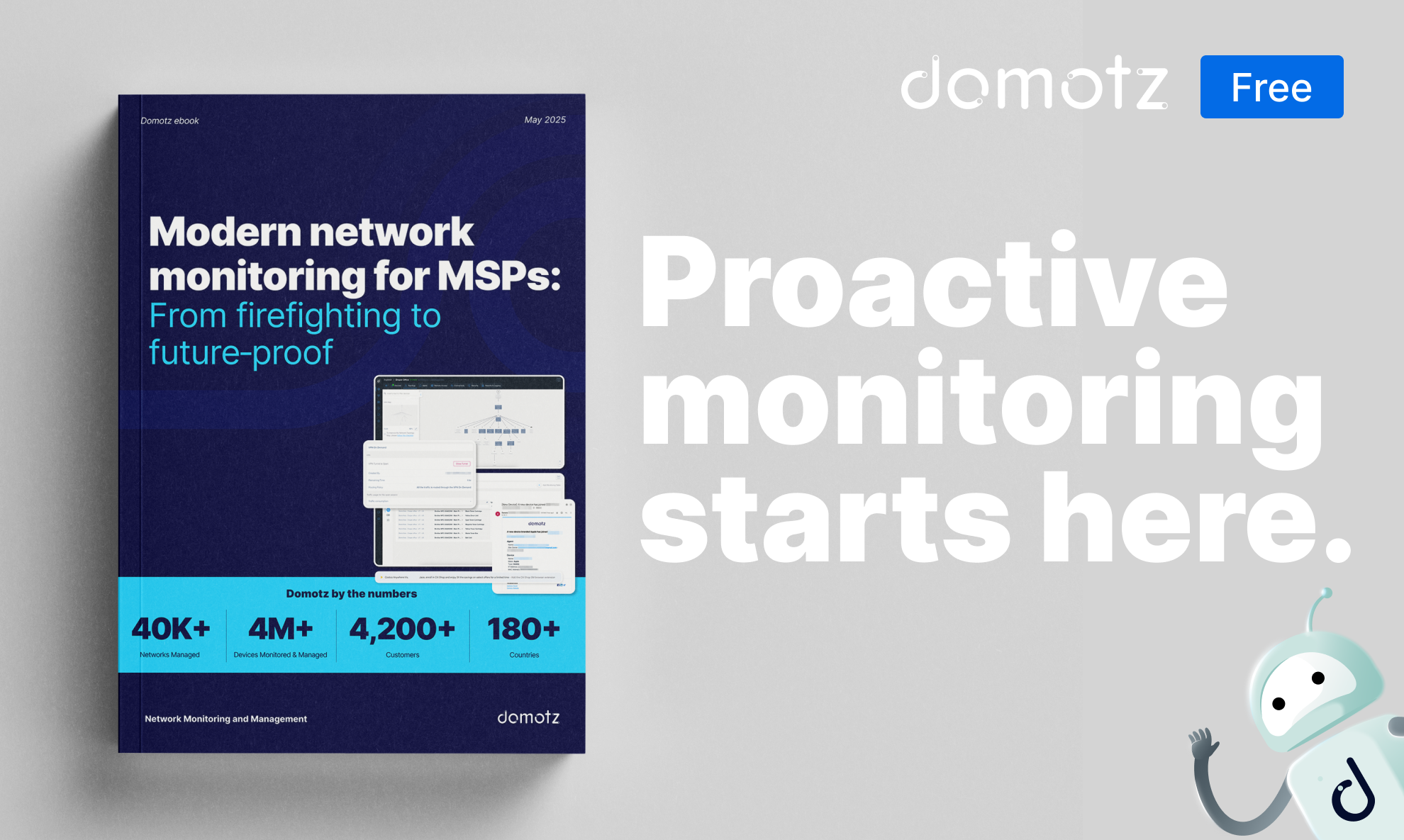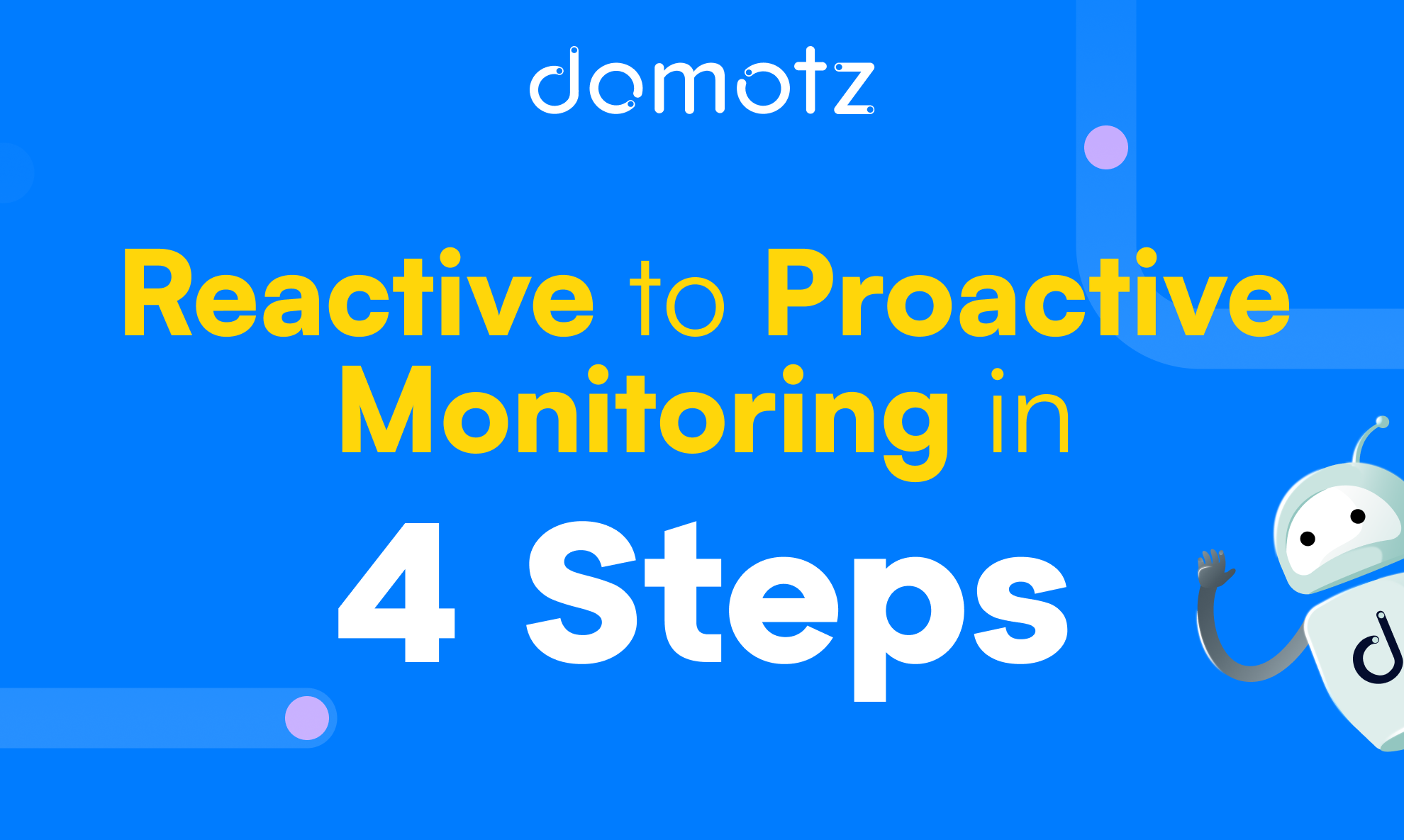This post is about managed IT service provider management and how you can help your customers implement a process. We’ve all been there before, working with a vendor or partner that isn’t delivering. Eventually, you start thinking about what the service does or how it benefits your business. Shortly after reaching this step, you start shopping for a new service.
We’ve all had great partners and vendors with whom we’ve worked. When I think of a great partner, I think:
- Proactive
- Reliable
- Efficient
- Delivering
You’ve probably got a list of the things that make someone a great vendor or partner from your own view. This article talks about service provider management and how you can be one step ahead of your customers by showing them the value of what you’re doing for them.
What Is a Managed IT Service Provider?
The term Managed Service Provider (MSP) has a broad meaning. However, most people who use it are discussing a common theme: an MSP provides a range of IT services to businesses, large, medium, and small.
The nuance comes from the fact that this can encompass many different activities. For instance, you can build and manage turnkey network architectures for factories or offer security hardware and diagnostic software that lets your retail clients keep everything running.
MSPs typically provide services such as system and network security, application management, data backup and recovery, storage and infrastructure, and more. MSPs may also offer consulting services and advice to their clients.
What is Managed IT Service Provider Management?
Service provider management is the process of managing an MSP. The goal is to implement strategies and policies that ensure the services meet the client’s goals and expectations. Since your service providers’ work directly reflects on you, it’s definitely worth the effort.
There may be a couple of scenarios where you need to think about Service Provider Management.
- Your clients will definitely have a strategy for managing your services. Or, you may need to build out the managed IT service provider management process for them by being one step ahead.
- Your MSP partners: You may contract to work out with third-party service providers and other MSPs. In this scenario, you’ll also need your own service provider management strategy.
Handy Tips for Effective Service Managed IT Service Provider Management
Working with an MSP makes complete sense for a business. Your clients get access to the latest technology and adhere to industry best practices without retraining employees or a workforce, investing in new systems, or stepping outside organizational comfort zones!
Here’s how you can help your customers with service provider management:
- Establishing clear objectives and setting expectations is the first step. Implement policies and procedures to ensure all services are laid out and delivered per written Service Level Agreements (SLAs).
- Performance tracking is also essential. Develop processes and tools to measure, monitor, and report on service provider performance. For instance, use tools that show your customers they are getting the service level they expect.
- Build healthier relationships with your customers by listening to their business goals and objectives. Work with your customers to create and implement a service provider management strategy. Conducting regular audits and providing feedback is the best way to maintain positive control.
Help With the Service Provider Management Process
Instead of falling into the shadows and having your clients wonder what you’re actually doing for them, this article will share some tips about using Domotz to help with the service provider management process.
In short, Domotz network monitoring software can help service provider management by showing your customers (even before they ask) how you provide value to their networks and devices.
Your customers will definitely want to see the material results of what you’re doing for them. Or maybe they’ll never ask you directly, but then they might start shopping around in time.
How Domotz Can Help With Establishing a Service Provider Management Process
Here are some of the easy ways Domotz can help with service provider management for your clients:
- Visibility on what you’re doing for customers: Domotz device lists and monthly reports make visible the work you’re doing for your customers on their networks.
- Share reports for material visibility on your work: Domotz generates monthly reports you can share with your clients to indicate the value of the work you’re doing for them. Generate PDF reports sent via email to yourself, your customer, or a specified list of recipients. Learn more about the network reports you can send to your customers. You can also customize the reports with your logo to bring awareness to your business’s and services’ value.
- Less downtime: With Domotz, you can reduce downtime for your clients. This issue may go unnoticed, which is a good thing. Your customers will definitely notice an outage. If you fix the problem quickly, they may see nothing. However, you can share the monthly reports Domotz generates with your customers to share network and device uptime metrics. Sharing critical metrics about the uptime of the network and devices further indicates all the work you’re doing for them.
- Proactive hardware recommendations: Many of our MSP customers use Domotz to identify outdated hardware and services your customers have. You can then be bold and recommend upgrades and ideas for new things. Recommending improvements to hardware helps increase your revenues. It also shows your clients the value of the work you’re doing for them.
- Proactivity: With Domotz, you can proactively solve problems that may go beneath your customers’ radar. Perhaps you could summarize in your monthly reports all the interventions you’ve taken to bring visibility and awareness to your proactive actions.
Summary
We all know what separates a good service provider from a poor one. Many customers may need help knowing what to do regarding IT service provider management. Help your business stand out by guiding your clients along the service provider management process. You can establish the process for your clients! In summary, to help with service provider management:
- Establishing clear objectives and set expectations from the beginning of the contract.
- Track your performance and share results with your customers.
- Build healthy relationships.
- Shine visibility on what you’re doing for your customers.
- Share reports to show what you’re doing.
- Reduce downtime and share results with your customers.
- Proactively recommend hardware, services, and upgrades to improve performance.
- Proactively solve issues and share the results with your clients.
Further reading:



